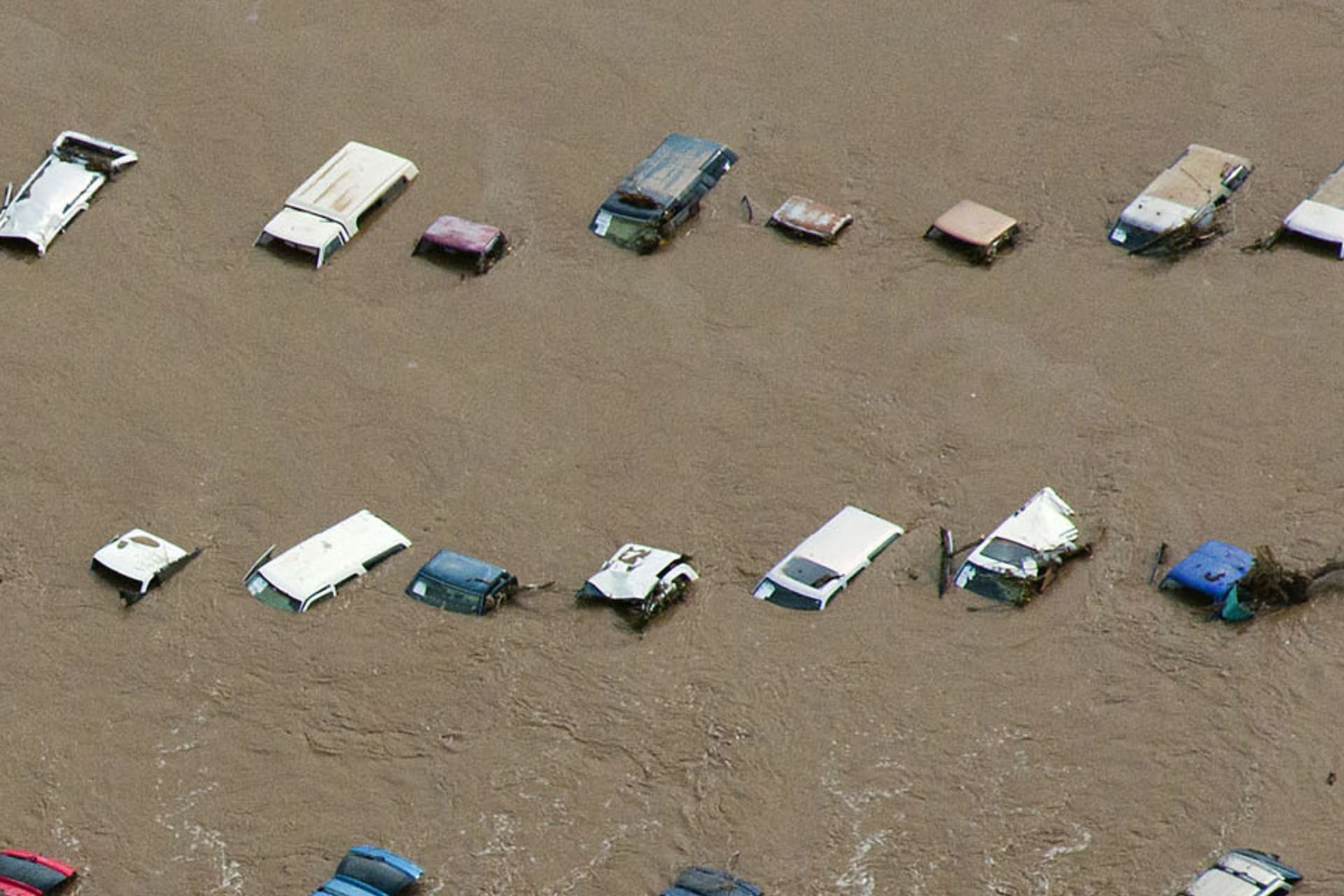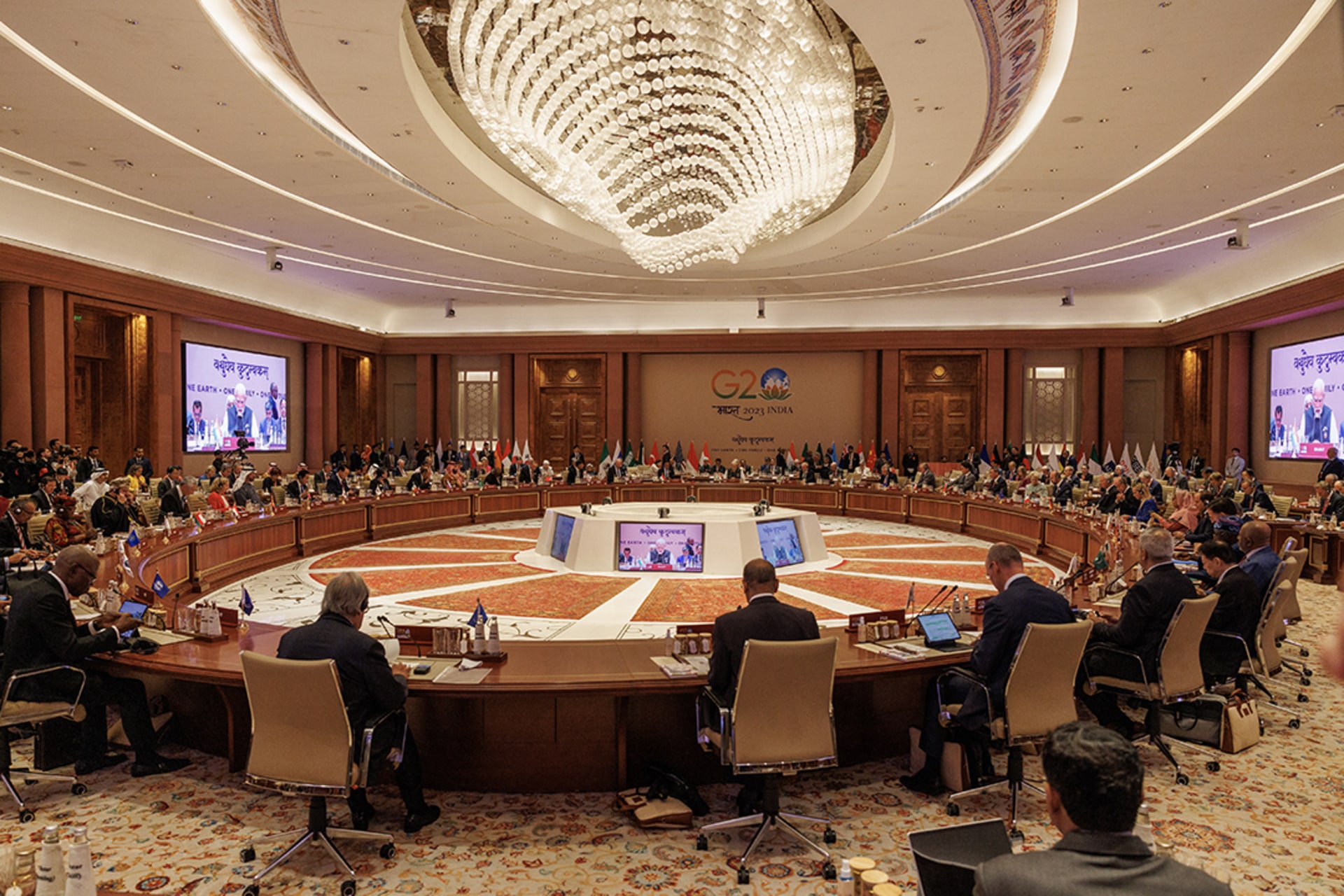The ’Coalition of the Willing’
Published
Updated
Backgrounder: The latest U.S. surge coincides with a drawdown of British forces. The dwindling coalition may hinder U.S. efforts to secure Iraq.
This publication is now archived.
Introduction
The size and scope of the U.S.-led coalition in Iraq has dwindled since the height of the invasion in 2003. Britain, the largest member of the coalition after the United States, recently announced plans to withdraw 1,600 troops from Iraq in the months ahead and to shift their combat role to support and training. U.S. and British officials say this partial withdrawal is a positive sign because security is improving in parts of the south, where coalition forces are primarily stationed, and where Iraqi forces are increasingly “stepping up.” The shrinking of the coalition coincides with a surge of U.S. forces deployed to Anbar and Baghdad provinces but may complicate efforts to eventually redeploy from Iraq.
How significantly has the coalition shrunk?
Shortly after the 2003 invasion of Iraq, thirty-eight countries supplied around 25,000 forces. Those numbers have dwindled to twenty-five countries and roughly 15,000 troops, the vast majority of which are stationed in the relatively peaceful south and engage primarily in training, support, and reconstruction missions. The most significant reduction in coalition strength came in September 2005, when Italy began pulling out all of its 3,000 troops. Ukraine and Bulgaria, two of Washington’s staunchest partners in the war, quickly followed suit and withdrew the bulk of their forces the following year. Over the next few months, Britain plans to reduce its troop presence from 7,000 to roughly 5,500 forces. By August, Denmark plans to pull out its 460 soldiers. And Lithuania is also considering withdrawing its fifty-three troops.
Which nations contribute significant components of the coalition?
Britain fields the largest force (7,100 troops) behind the United States. After Britain, the biggest forces belong to South Korea (2,300), Poland (900), Australia and Georgia (800 each), and Romania (600). Prior to its withdrawal, Italy boasted the third-largest coalition force in Iraq.
What does a smaller coalition mean for U.S. forces in Iraq?
Some experts say the dwindling coalition should be cause for concern, and could even set back eventual U.S. plans for a gradual pullout. “Who replaces them?” asks Barry Posen, professor of political science at the Massachusetts Institute of Technology. “Our forces [in Iraq] have been on an upward curve since May 2003, and today are at their highest levels. I’m guessing that’s because we’ve had to replace some of these [coalition] people.” Others, including Richard Betts, director of the War and Peace Studies Institute at Columbia University, say the coalition forces are not vital to the U.S. mission in Iraq. “A lot of [other countries’ troop presence] is symbolic,” he says. “You don’t hear about them much, which suggests they’re not fulfilling combat functions.”
Why are countries pulling out?
As casualties mount, citizens of many of the coalition nations are asking: Was it worth the effort? Many of these nations committed troops in exchange for some form of U.S.assistance, experts say. During a November 2005 visit to Mongolia, for example, President Bush pledged $11 million for its 120 “fearless warriors” in Iraq as part of the White House’s “solidarity initiative.” Poland’s presence in Iraq was motivated in part by the prospect of securing lucrative post-war reconstruction or oil contracts. Many Poles, however, were disappointed that Washington refused to grant Poles the same preferences for U.S. visas enjoyed by longtime European allies like Germany and France.
Others experts say the escalating violence in Iraq is to blame for growing opposition. “Their troops are probably seeing more than what we’re seeing in the newspapers about corpses showing up,” Posen says. “They’re maybe saying to their leaders, ‘It’s only a matter of time before one of these things happen under our nose, and we’re going to have to look the other way. Remember what happened to that hapless Dutch battalion at Srebrenica.’” In 1995, overmatched Dutch peacekeepers looked on as Bosnian Muslims were massacred by Serbian troops at Srebrenica.
What role does national politics play?
A strong one, experts say. In many cases, the drawdown of coalition forces is affected more by political timetables in member nations than by conditions on the ground in Iraq. Political opposition groups have exploited the global unpopularity of the Iraq war to galvanize public support. (The strongest example of this was Spain’s immediate withdrawal of forces after the devastating Madrid subway bombing and presidential elections in March 2004). In Italy, Poland, and Ukraine, the status of coalition forces in Iraq played a crucial role in earlier elections. In Britain, Prime Minister Tony Blair’s approval ratings have plummeted because of his support for the war and resistance to withdraw forces.
What happens if Britain pulls its troops out?
Defense Secretary Robert M. Gates said British plans for a drawdown of forces in Basra would not likely affect U.S. efforts to build up its forces in Baghdad. Yet others say a partial pullout of British forces could leave a security vacuum in their wake. “The British are the long pole in the tent,” Posen says. “If they got tired all at once, it would be a blow to us.” The British handover of power to predominantly Shiite troops in the south could produce a ripple effect on U.S. efforts to denude Shiite militias elsewhere. “[O]ne of the ways to counter the United States surge in and around Baghdad is to create more issues in and around Basra,” William Nash, a CFR senior fellow and director of the Center for Preventative Action, told ABC Online. Barring a major attack against British forces, W. Patrick Lang, former head of Middle East Affairs and Counterintelligence at the Defense Intelligence Agency, predicts the Brits will probably draw down their remaining troops in tandem with the United States. Blair “is stuck on flypaper with us,” he says. Britain promises to keep troops in Iraq until at least 2008.
Has Britain been successful at securing Basra?
Experts and U.S. officials disagree. “They have made some progress on the ground,” White House spokesman Tony Snow recently told reporters, referring to British efforts to train and stand up Iraqi security forces. Basra has generally been more stable and less violence-prone than Baghdad and Anbar Province. Yet others say Britain has left Basra and its surrounding area in the hands of Shiite paramilitary groups. “To misrepresent this as success is, at best, disingenuous,” fumes the Financial Times. In a new report from the Washington Institute for Near East Policy, Michael Knights and Ed Williams write that Basra under British control has gone from being an oil-rich cosmopolitan center to a bastion of criminal violence and a “kleptocracy used by Islamist militias to fill their war chests.”
What roles do other coalition members play in Iraq?
Coalition forces serve different functions in Iraq. Most of them operate in a non-combat capacity, except for the British, who largely patrol southern Iraq near Basra. Members such as Poland are instrumental in training Iraqi forces, while others, notably Japan and South Korea, are more active in reconstruction efforts. South Korea has been tasked to protect the UN mission in northern Iraq.
How many casualties have coalition forces incurred?
Since March 2003, Britain has lost 132 troops, while the rest of the coalition has incurred around one hundred casualties in total. These statistics do not include contractors, journalists, aid workers, and other foreign nationals killed in Iraq. t
Colophon
Staff Writers
- Lionel Beehner





